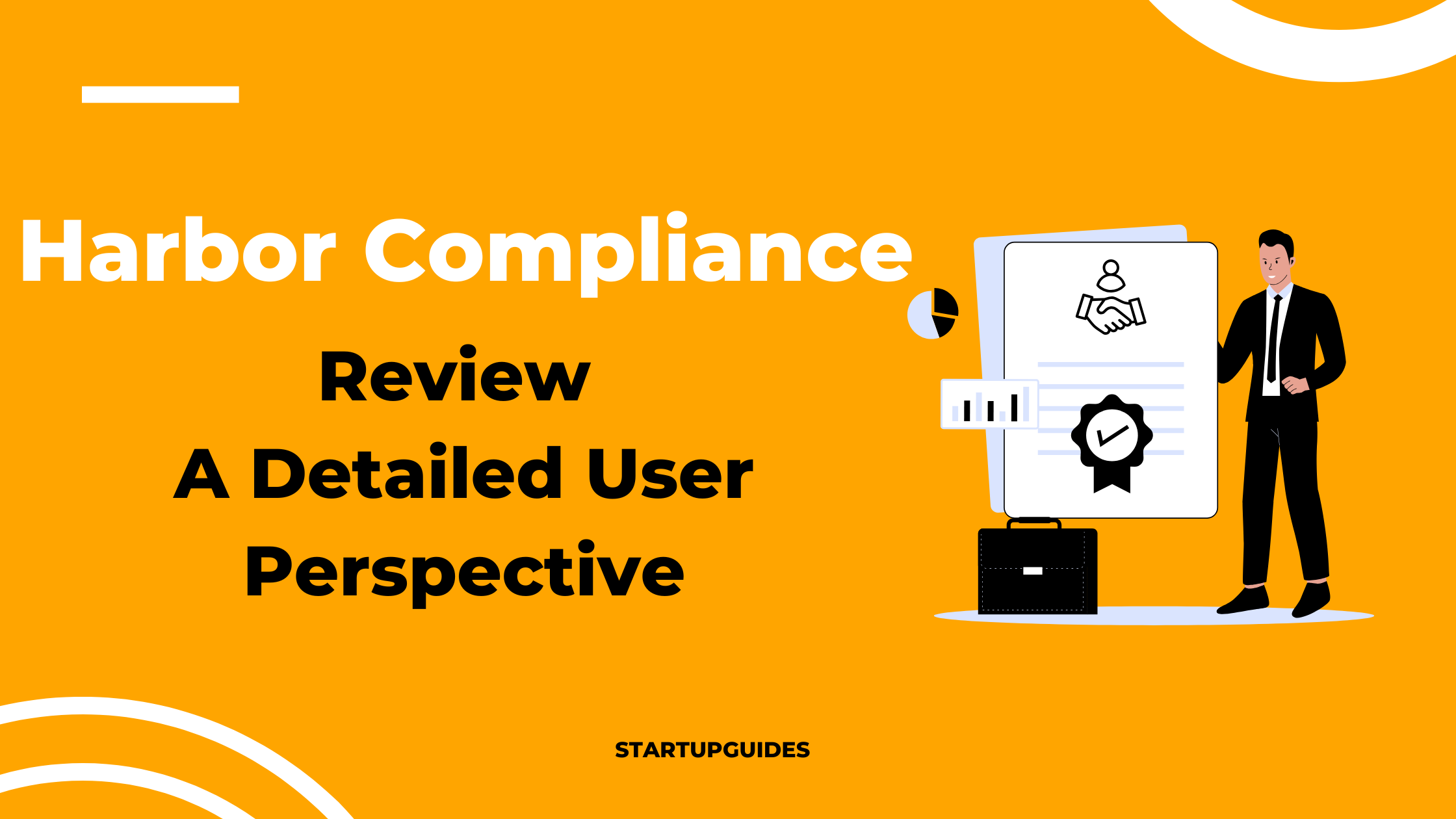Starting a business is an exciting venture, especially when you’re exploring different business structures. If you’re considering a general partnership in Alabama, you’ve made a smart choice. A general partnership is a straightforward way to start a business, where two or more individuals join forces to operate a business together. This guide will help you understand how to create a general partnership in Alabama, including all the necessary steps to ensure your partnership is legally compliant, secure, and well-structured.
What is a General Partnership in Alabama?
Before jumping into the process, it’s essential to understand what a general partnership actually is. A general partnership is a business arrangement in which two or more people agree to share the responsibilities of running a business, as well as the profits and losses that come with it. It is one of the simplest business structures you can choose, especially in Alabama.
Key Features of a General Partnership:
- Shared Control: In a general partnership, each partner has an equal say in how the business is run. This means all partners are involved in decision-making processes and day-to-day operations, unless specified otherwise in a partnership agreement.
- Shared Profits and Losses: Profits from the business are shared equally among the partners unless the partnership agreement specifies a different allocation. Similarly, if the business incurs losses, they are divided among the partners.
- Personal Liability: One of the significant downsides of a general partnership is personal liability. In a general partnership, partners are personally liable for the debts and obligations of the business. If the business fails or is sued, the partners’ personal assets may be at risk.
- Ease of Formation: A general partnership is relatively simple to form. Unlike corporations or limited liability companies (LLCs), you don’t have to file detailed documentation with the state or incur costly legal fees.
Despite its simplicity, forming a general partnership in Alabama requires attention to detail to ensure the business is legally sound and operating smoothly.
How to Create a General Partnership in Alabama
Forming a general partnership in Alabama doesn’t have to be a complicated process. By following these six essential steps, you can get your business up and running in no time.
Step 1: Choose a Business Name in Alabama
The first step in creating a general partnership is selecting a business name. The name you choose will become the identity of your business, so it’s important to select something that is easy to remember and reflects your services or products. Your business name can be your own name, or you can create a unique business name.
Considerations When Choosing a Business Name:
- Uniqueness: Your business name must be distinguishable from other registered businesses in Alabama. To ensure that your name isn’t already taken, you can check with the Alabama Secretary of State’s website to verify availability.
- Compliance with State Laws: The name must comply with Alabama’s business name rules. For example, if you are using a name other than your personal name, you may need to file a “Doing Business As” (DBA) name with the county probate court in which you intend to operate. This helps the public know who owns the business.
- Brand Identity: Your business name should resonate with your target market and give potential customers an idea of the products or services you provide.
After choosing your name, you can register a DBA (if applicable) with the probate court, which is a simple and cost-effective process.
Step 2: Draft a Partnership Agreement
While Alabama law doesn’t require you to have a written partnership agreement to form a general partnership, it’s a highly recommended step for the sake of clarity and legal protection. A partnership agreement is a legally binding document that outlines the roles and responsibilities of each partner, the distribution of profits and losses, and other essential aspects of the partnership.
What to Include in Your Partnership Agreement:
- Business Name: The name of your partnership, including any DBA names.
- Capital Contributions: How much money, property, or assets each partner is contributing to the business.
- Profit and Loss Distribution: How the profits and losses will be divided. This is usually done equally unless specified otherwise in the agreement.
- Decision-Making: How decisions will be made within the partnership. Will partners make decisions together, or will one partner have more authority than the others?
- Exit Strategy: What happens if one of the partners wants to leave the business? The agreement should outline the process for dissolving the partnership or transferring ownership.
- Dispute Resolution: In case of conflicts or disagreements, how will the partners resolve disputes? This could include mediation, arbitration, or going to court.
A well-written partnership agreement helps set clear expectations and avoids future misunderstandings. Although you can create the agreement on your own, it may be worth hiring an attorney to ensure that it is comprehensive and legally sound.
Step 3: Request an Employer Identification Number (EIN) in Alabama
An Employer Identification Number (EIN), also known as a Federal Tax Identification Number, is required for most businesses in the U.S. An EIN is used by the IRS to track business tax filings and is essential if you plan to hire employees, open a business bank account, or apply for business licenses.
Why You Need an EIN:
- Tax Purposes: Your EIN will be used when filing taxes, so the IRS can track your business’s income and expenses.
- Opening a Business Bank Account: Most banks require an EIN to open a business bank account in the business’s name.
- Hiring Employees: If your partnership hires employees, the EIN is required for processing payroll and filing employment taxes.
You can obtain an EIN for free by applying online through the IRS website. The application is quick and easy, and you will receive your EIN immediately after submission.
Step 4: Obtain Necessary Licenses and Permits
Depending on the nature of your business, you may need to obtain various licenses or permits to legally operate in Alabama. Alabama does not have a state-level business license requirement for general partnerships, but certain businesses may need specific permits.
Types of Licenses and Permits You Might Need:
- County Business License: Many counties in Alabama require businesses to obtain a license to operate legally. You’ll need to check with the local county probate court or license commissioner to determine what’s required.
- Sales Tax Permit: If your partnership sells goods or services subject to sales tax, you will need to obtain a sales tax permit from the Alabama Department of Revenue.
- Professional Licenses: If you’re in a regulated industry (e.g., healthcare, real estate, accounting), you may need additional professional licenses from state agencies or boards.
Each business type may require specific permits or licenses, so it’s important to research your industry and location to ensure compliance.
Step 5: Obtain an Alabama Tax ID Number
Even if you have an EIN, you may still need to obtain a separate state tax ID number, especially if your business will be involved in activities like selling taxable goods or hiring employees.
Types of State Taxes You May Need to Register for:
- Sales and Use Tax: If you’re selling goods or services that are subject to sales tax in Alabama, you will need to register with the Alabama Department of Revenue for a sales tax permit.
- Employment Taxes: If you have employees, you’ll need to register for state employment taxes and unemployment insurance.
You can apply for an Alabama Tax ID number by visiting the Alabama Department of Revenue’s website and completing the necessary registration forms.
Step 6: Open a Business Bank Account
Opening a separate business bank account is crucial for keeping your personal and business finances separate. It also helps to streamline accounting and ensures that your business finances are organized and transparent.
What You Need to Open a Business Bank Account:
- EIN: Proof of your business’s tax identification number.
- Partnership Agreement: The document outlining your partnership’s structure and operations.
- DBA Registration: If you have registered a “Doing Business As” name, you will need to provide proof of this registration.
Once you’ve gathered these documents, you can open a business checking account in your partnership’s name. This will allow you to manage income and expenses, write checks, and deposit business-related funds.
Example of a General Partnership in Alabama
Let’s say two entrepreneurs, Amy and Jake, decide to start a small bakery business in Montgomery, Alabama. They both have experience in baking and want to pool their skills and resources. They agree to form a general partnership and open a bakery called “Sweet Delights.”
They follow the steps outlined above:
- Choose a Business Name: They decide to name their bakery “Sweet Delights” and register their DBA name with the Montgomery County Probate Court.
- Create a Partnership Agreement: Amy and Jake outline their roles (Amy handles marketing, and Jake handles baking) and agree to divide profits equally. They also include a clause on how they’ll resolve disputes, should any arise.
- Obtain an EIN: They apply for an EIN from the IRS, so they can file taxes and hire employees in the future.
- Apply for Licenses and Permits: They register for a Montgomery County business license and apply for a sales tax permit since they plan to sell baked goods.
- Obtain a Tax ID Number: They also register for an Alabama state tax ID number for sales tax purposes.
- Open a Business Bank Account: Finally, they open a business bank account to keep their personal and business finances separate.
After completing these steps, Amy and Jake’s bakery is legally established and ready for business.
Important Information
Maintaining Business License in Alabama
Once your general partnership is up and running, it’s crucial to maintain your business license by renewing it as required. Most business licenses in Alabama need to be renewed annually. Ensure that you stay compliant with all local regulations to avoid penalties.
Paying Your Taxes in Alabama
As a general partnership, your business itself is not taxed on its income. Instead, each partner reports their share of the profits and losses on their personal tax returns. However, you may still need to register for state taxes, especially if you sell taxable goods or hire employees. Be sure to keep track of your tax obligations to avoid any issues with the IRS or the Alabama Department of Revenue.
Advantages of a General Partnership in Alabama
A general partnership offers several advantages, making it an attractive choice for many small businesses in Alabama:
- Simplicity: A general partnership is easy to set up with minimal formalities.
- Flexibility: Partners have the freedom to run the business as they see fit, without the strict regulations that govern corporations or LLCs.
- Pass-Through Taxation: The business itself doesn’t pay taxes. Instead, profits and losses are passed through to the individual partners, who report them on their tax returns.
- Shared Responsibility: Partners share the responsibilities of managing the business, which can make it easier to handle workloads.
FAQs
Do I need to register my general partnership with the Alabama Secretary of State?
No, Alabama does not require formal registration for general partnerships, but you may need to file a DBA name if you are using a name other than your own.
Can I hire employees in a general partnership?
Yes, a general partnership can hire employees. You’ll need an EIN and may need to register for state employment taxes.
Can I change my partnership agreement later?
Yes, partnership agreements can be amended if both partners agree to the changes. It’s a good idea to keep the agreement updated as your business evolves.
Are there annual fees for a general partnership in Alabama?
Generally, there are no annual fees for a general partnership, but you will need to maintain and renew business licenses as required by your county or municipality.





